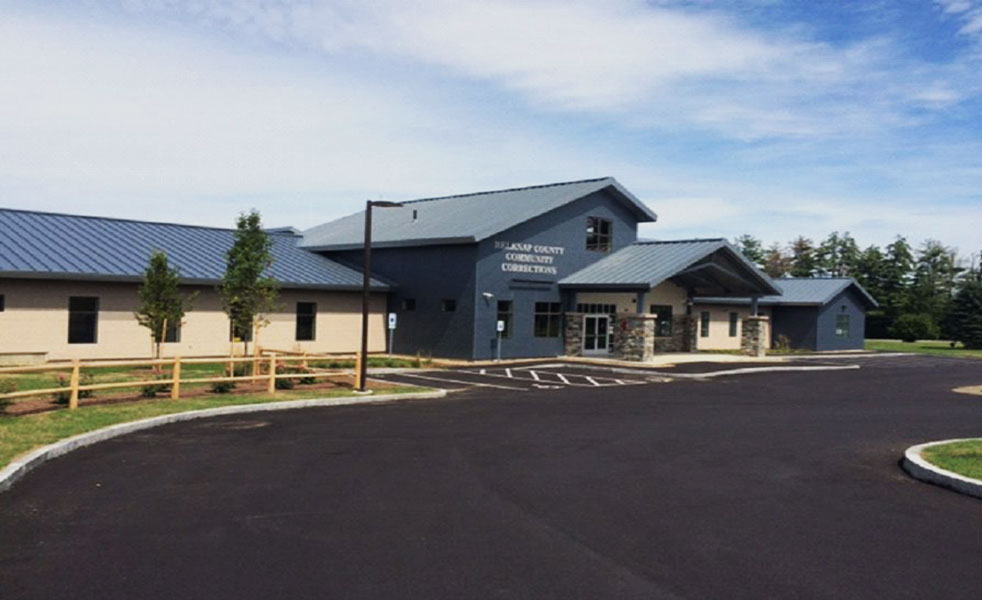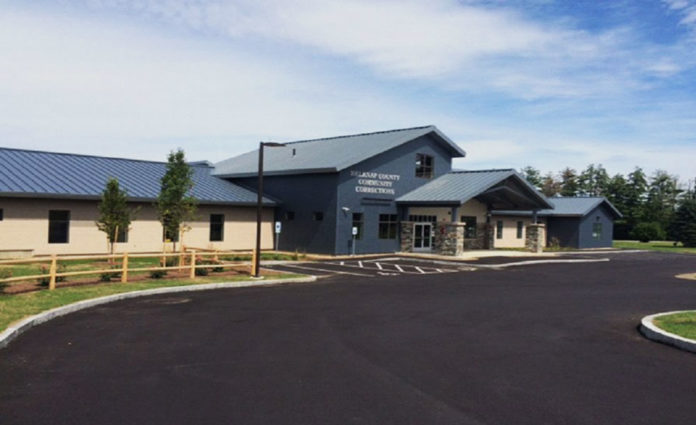A drug treatment program in a Laconia, New Hampshire jail is searching for funding as Belknap County Commissioners attempt to save it from being cancelled.
The Community Corrections Center at Belknap County (CCC) has had the program, called Corrections Opportunity for Recovery and Education (CORE), which aims to give people with a drug addiction a chance to rehabilitate rather than be imprisoned.
The drug treatment program has been in place since last year. CORE was formed out of a partnership between the CCC and Horizons Counseling Center, an outpatient treatment group in New Hampshire.
CORE has four phases when it comes to treatment for people. The first phase is a three month treatment plan that is supervised by therapists and case managers. The second phase is a work release, which involves patients working while also attending sessions in the evening. The third phase includes a form of electronic monitoring where patients will be supervised by the staff. The final phase sets patients for release into the community with medical care and more supervision from parole officers.
When CORE was initialized, there were 72 beds placed inside the CCC with about half of them being intended for use for the CORE program.
Before CORE, Horizons had a pilot program in place as a partnership with the county for approximately two years. They assisted 10 patients three days a week but after the CCC opened that expanded to five days and 35 patients.
A contract was signed by Horizons for $220,000 with Belknap County to oversee the CORE program. There has been talks with prosecutors and judges to make CORE a requirement during hearings.
Residents of Belknap County struggled with opioid abuse and there were .99 opioid overdose deaths per 100,000 people in 2017, according to the NH Drug Monitoring Initiative.
That same report also revealed that Belknap County in June 2017 led all other counties in EMS Narcan incidents, with 4.47 incidents per 100,000 people.
Last month, Belknap County decided to cut the finances for this drug treatment program, shaving off $92,000 after it implemented a financial plan of $27.9 million.
The county commissioners have been debating how to handle this budget cut as there is a possibility that they may have to resort to surplus money.
Hunter Taylor, one of the commissioners, stated that this drug treatment program was the only one in the county and that it would cause a lot of damage to the community if it were to close.
He stated that the commissioners had permission to keep the drug treatment program active by using any funds from the Corrections Department.
Taylor indicated that they were voting on an overall premise, not for certain items, and there were no limits to their spending capacity.
There were differences… (Continue Reading)

















